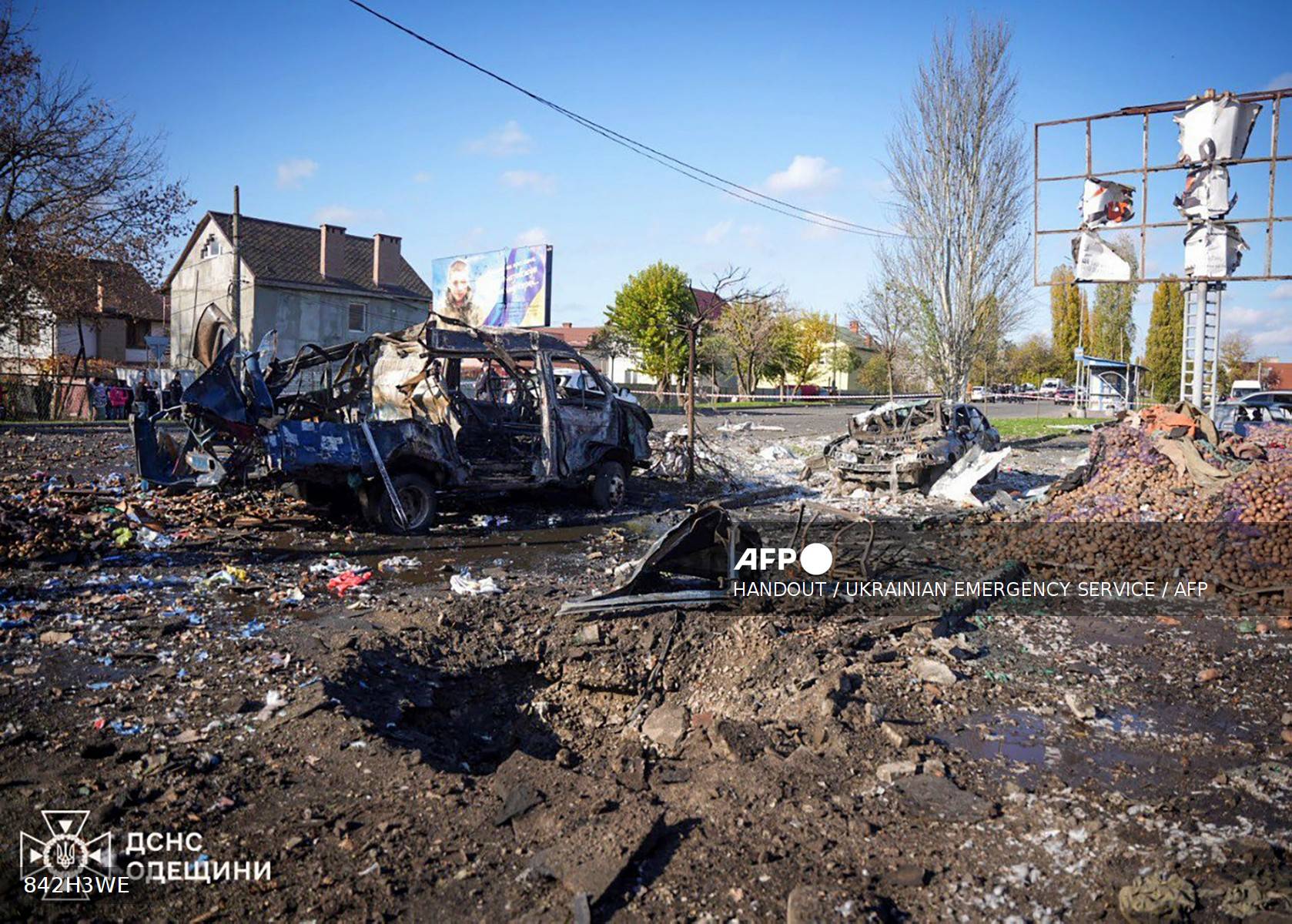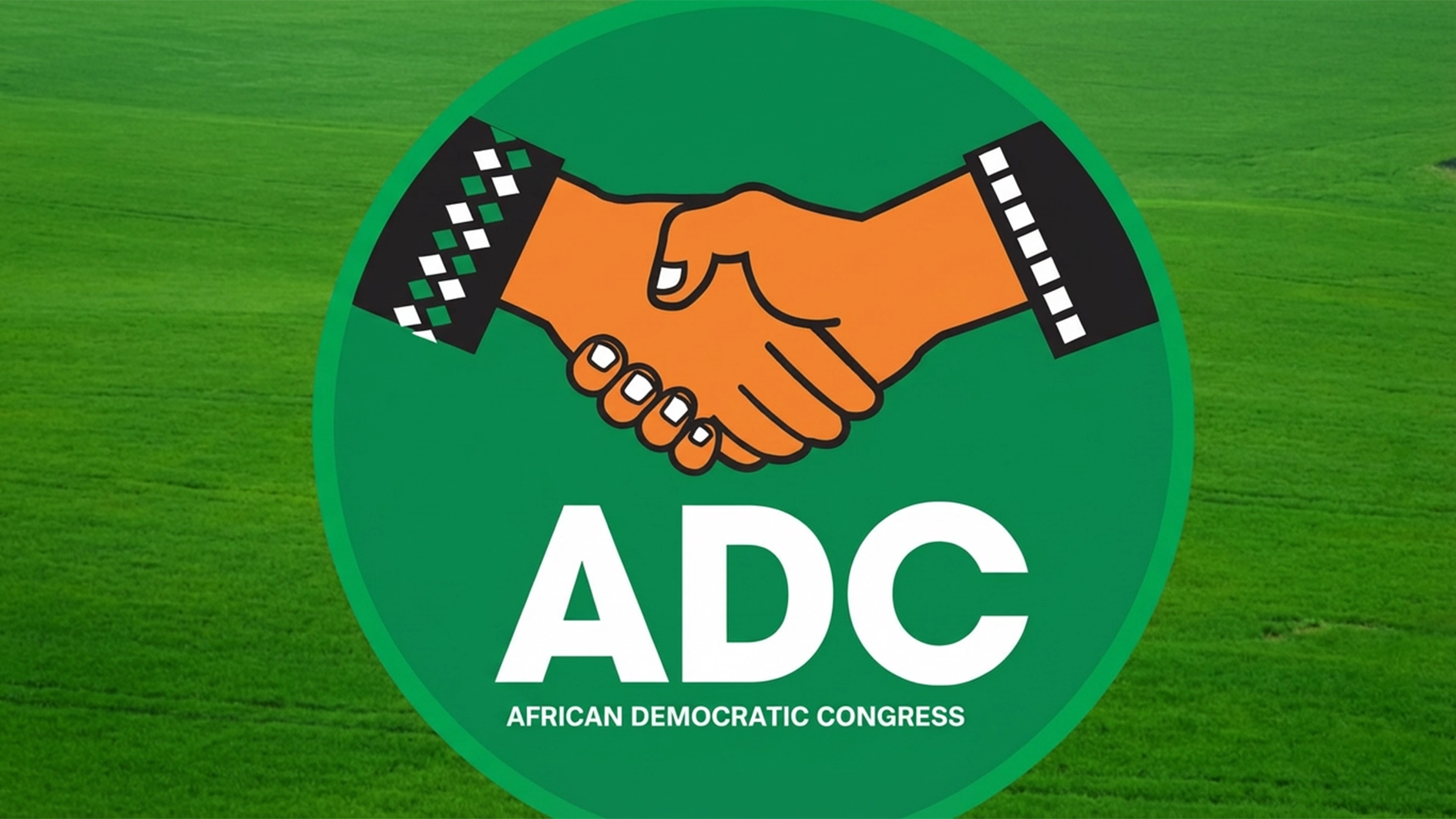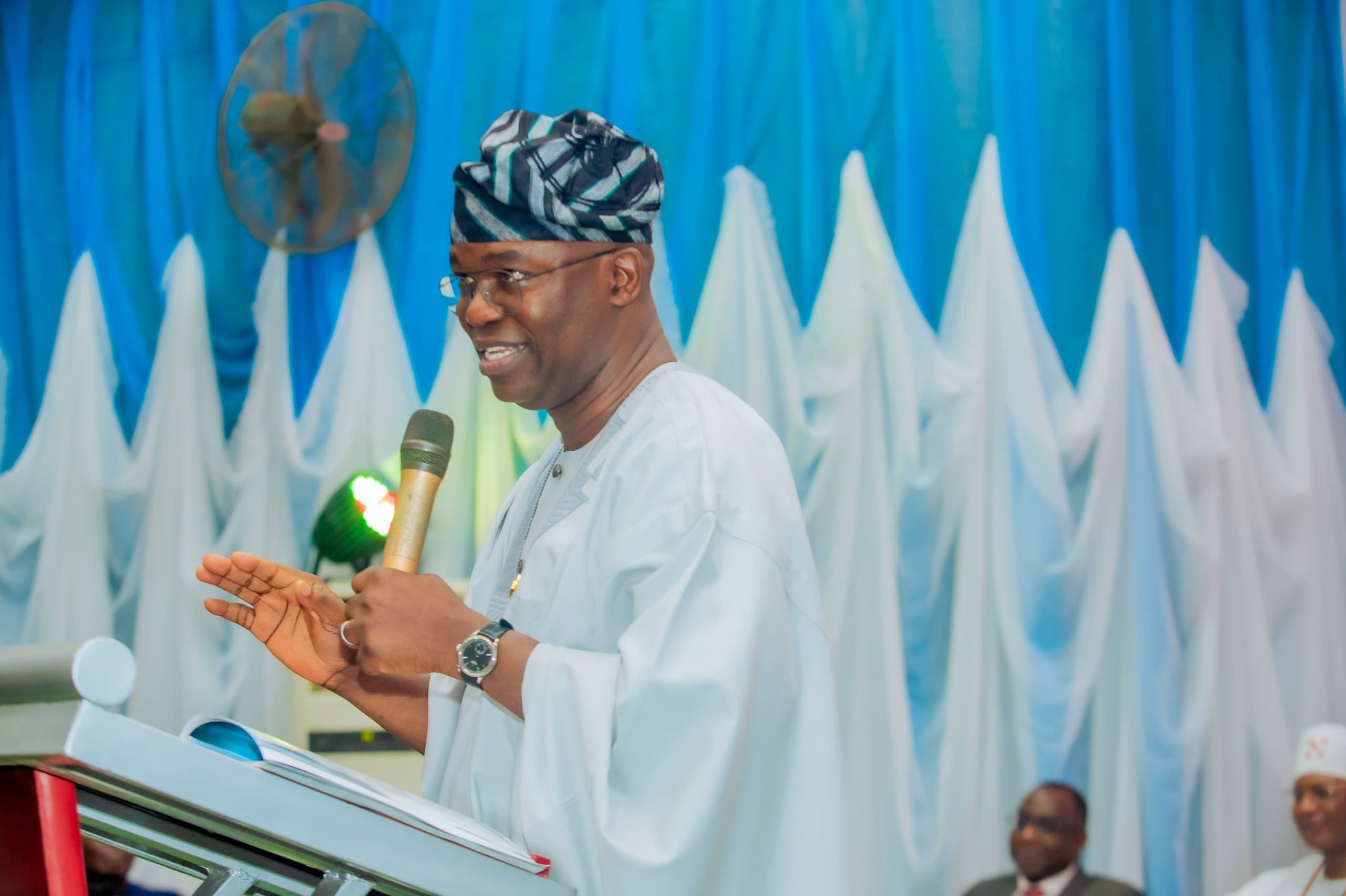The Director-General of the Institute for Peace and Conflict Resolution (IPCR), Dr. Joseph Ochogwu, has identified weak and absent governance at the grassroots as one of the biggest drivers of insecurity in Nigeria.
He warned that communities left without effective local government structures are exposed to violent actors.
Speaking yesterday in Abuja at a press conference to mark the 2025 International Day of Peace and the 25th anniversary of IPCR, Ochogwu said findings from the institute’s 25 years of research and interventions consistently point to governance gaps at the community level as the root of many conflicts.
“Our findings revealed long ago that the absence of governance at the community level creates vacuums that violent actors quickly exploit.
“Local governments are the frontline institutions for conflict prevention, management and resolution. Where they are weak or non-existent, communities remain open to attacks and lawlessness,” Ochogwu said.
He commended President Bola Tinubu and the Attorney-General of the Federation for securing a Supreme Court judgment affirming local government autonomy, describing it as a bold step that, if enforced, could change the conflict landscape of Nigeria.
“Good governance itself is conflict prevention. We must empower local governments to provide health care, education, roads, and civic engagement. Nigerians cannot continue connecting with the government only during elections. Governance is a continuous process, and local government is the first point of contact for every citizen,” he said.
Ochogwu also raised alarm over the deteriorating security situation in the Sahel, warning that instability there would inevitably spill into Nigeria.
He added that IPCR is collaborating with ECOWAS, the National Counter-Terrorism Centre, and other partners to contain the threat.
“The Sahel has become a playground for foreign and rogue actors. If it collapses, Nigeria becomes the centre of attraction for those rogue elements. We cannot afford to let that happen,” he said.
Beyond security concerns, the DG highlighted the institute’s track record over the past 25 years, recalling landmark interventions such as the Niger Delta peace process, where IPCR convened dialogues that paved the way for the Presidential Amnesty Programme. He also cited IPCR’s role in mainstreaming peace and conflict studies in Nigerian universities, advancing women, peace and security initiatives, and building stronger community-based peace structures.
“As intangible as peace work sometimes seems, when our recommendations are implemented, the results are visible, from improved national revenues after the Niger Delta amnesty to the inclusion of peace studies as compulsory courses in universities,” Ochogwu explained.
Looking ahead, he announced that IPCR is set to train one million Nigerians in peacebuilding and conflict resolution free of charge, through an online learning platform under development.
“The time for peace is always now. Peace is both a destination and a journey; it requires constant nurturing, protection and renewal,” he declared.
Director of NEEM Foundation, Ahmad Jumare, in a goodwill message, praised IPCR for its support in addressing farmer-herder conflicts and sustaining peace efforts in the North Central and Northwest.
“IPCR provided immense support that enabled us to roll out the first annual conference on farmer-herder relations. Dr. Ochogwu has shown consistency in principle across civil society, government, and international platforms. That integrity is rare, and we appreciate it,” Jumare said.
Also speaking, Rev. Ozumba Emmanuel, who represented the Christian Association of Nigeria (CAN), congratulated IPCR for building “a generation of peacebuilders.” He said CAN would continue to collaborate with the institute to promote peace through churches and religious platforms.
On her part, Josephine Etta of the Standsafe Society Against Drug and Substance Abuse (SSADASA) emphasised the link between drug abuse and violence, thanking IPCR for partnering in grassroots campaigns.
“Violence has many triggers, but drugs remain a major cause. Working with IPCR has shown real impact in reducing risks among young people,” she said.
The press conference was part of IPCR’s weeklong activities marking the International Day of Peace under the theme “Act Now for a Peaceful World.” Events include interfaith prayers, a Sports for Peace and Mental Health Clinic, and will culminate in a peace walk and commemorative lecture next week.






